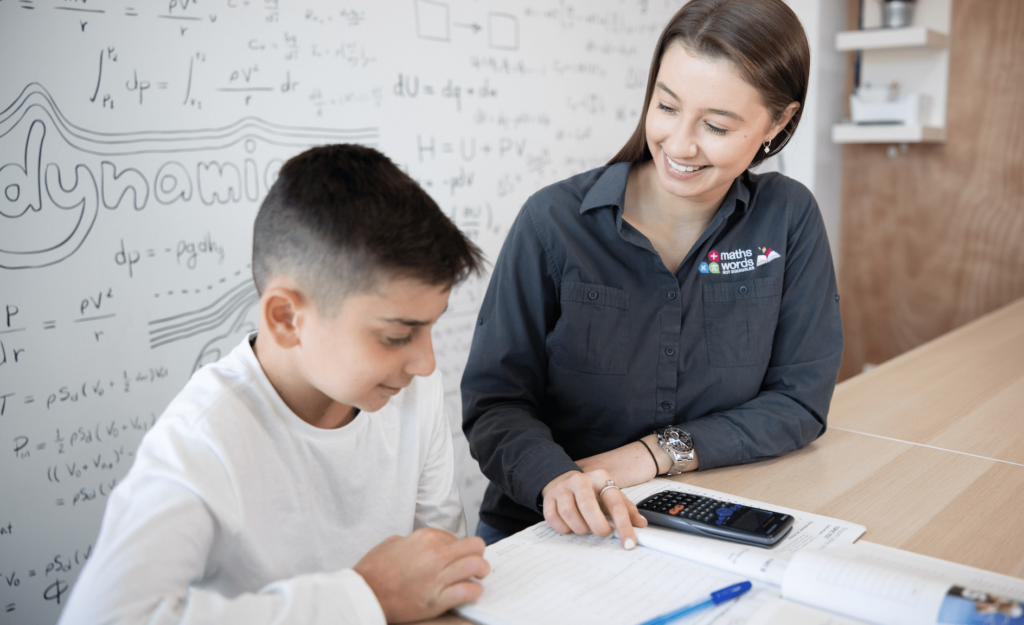
As the school year draws to a close, final exams often become the ultimate test of endurance for students. In NSW, the pressure peaks during this period—students juggle multiple subjects, fatigue sets in, and motivation begins to fade. This is where tutoring at the end of the year becomes particularly powerful. It’s not just about revising content; it’s about having a mentor who understands the journey and can guide students through both the academic and emotional challenges of finals.
Tutors who have “been through it” offer a unique kind of reassurance. They remember what it feels like to face dense study loads and unpredictable exam questions. Because of this, they can share more than strategies—they share empathy and perspective. When students realise that someone else has navigated the same stress and succeeded, it replaces anxiety with hope. Simple reminders like “you’re doing enough” or “I remember struggling with this too” can make all the difference in a student’s confidence and mindset.
Academically, end-of-year tutoring helps consolidate learning. Regular revision sessions target weak areas, refine exam technique, and reinforce syllabus understanding. Instead of cramming alone, students benefit from guided practice and clear feedback, which helps transform confusion into clarity. A tutor also provides accountability during a time when distractions are high—keeping study schedules realistic and progress consistent.
But perhaps the greatest benefit lies in the relationship itself. Tutoring at this stage becomes mentorship: a safe space where students can ask questions, express worries, and be reminded that exams, while important, don’t define their entire worth. Having that trusted person to talk to—a mentor who listens and genuinely cares—helps students approach finals with composure rather than panic.
In the end, tutoring at the year’s close does more than prepare students for tests; it equips them with calmness, confidence, and a support system that lasts far beyond exam week.
Gabrielle Tran

